Rajae El Khamsi: “Las mujeres en Marruecos reivindican la paridad”
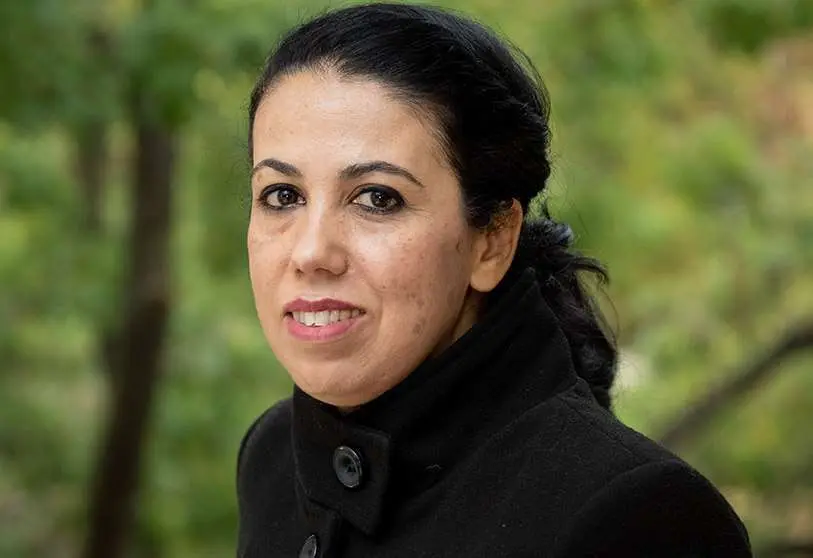
The results of the last elections held in Morocco have been a historic milestone. From a gender perspective, the kingdom has managed to appoint seven women ministers1, including Nadia Fattah, Morocco's first female minister of finance and economy. In this way, through policies such as the call for an increase in electoral quotas, women have managed to conquer spaces that have historically been reserved for men.
Even so, Morocco is still a long way from achieving equality between men and women, a goal that is still on the list of most governments. To find out about the current situation of women in Morocco, as well as their role in the feminist struggle in the country, we spoke to Rajae El Khamsi, professor and researcher at the Mohamed V University in Rabat.
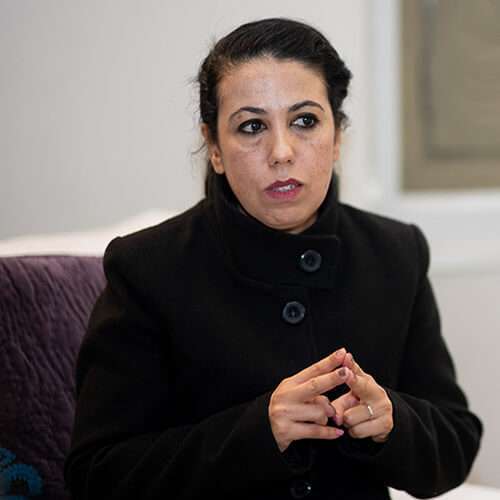
Morocco is pursuing inclusive gender policies compared to other Arab countries. What is the position of Moroccan women in areas of power such as politics?
The situation of women in Morocco in general has improved a lot in recent decades because a movement has started to fight for this change since the movement began to have a certain feminist awareness.
The first women's associations with an emancipatory feminist discourse began to appear in the 1940s, and in the 1960s the first demands for better working conditions, but it is from the 1980s onwards that we can speak of a movement with a feminist conscience. This took shape when women militants within the women's sections of left-wing political parties, formed within parties and trade unions, saw how the politicians of the time relegated the women's question to the background and decided to create a new framework for political action independent of the political parties, with specific objectives. In doing so, they wanted to give women's issues the priority, resources, and ideology they deserved.
Now we have more and stronger associations. The reason I mention this is to make it known that all the achievements we have today are the fruit of collective action many, many years ago.
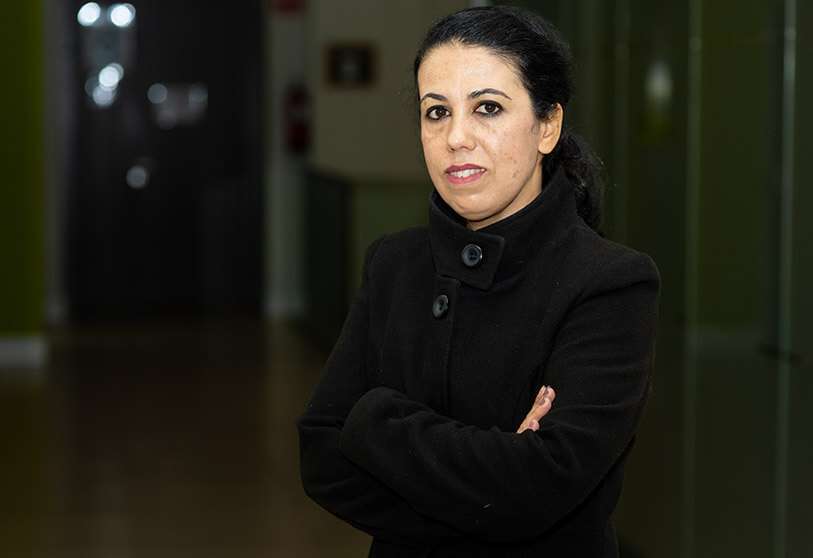
In 2021, municipal, regional, and legislative elections were held for the first time. For the representation of women in the House of Representatives, a regional list of 90 seats for women has been created. This allows them to secure 90 seats and then through the local lists they can get a little more, in this case 6 seats. If it were not for the quota, they would have no representation because the parties do not put women at the top of the lists. With this result women now constitute 24.3%, the highest percentage since 1997, when for the first-time women entered parliament and constituted only 0.61%. This evolution is due to affirmative action measures that started to be adopted, from a 30-seat national women's list in 2002, which has been extended to 60 seats in 2011 and added to a shared youth list in 2016.
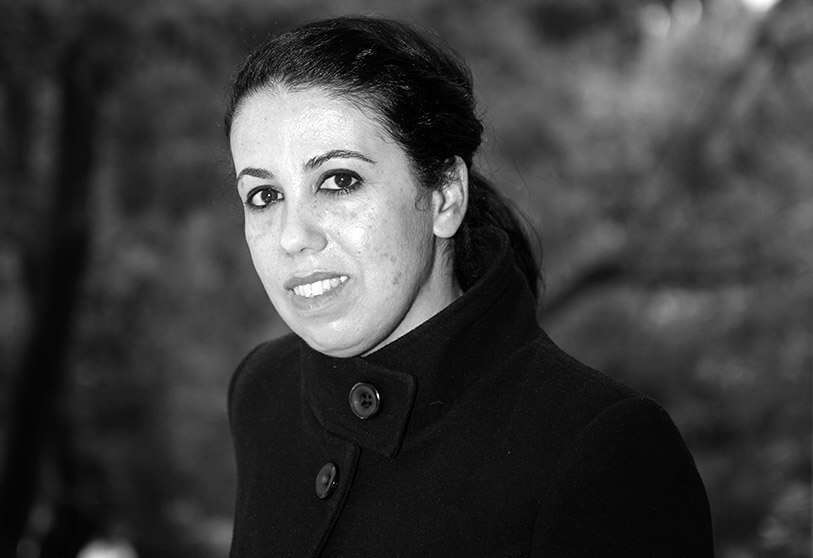
In the communal councils, women began to be elected in 1992 and constituted only 0.35%, while in the 2021 elections they have constituted 26.64%. These achievements are the result of women's struggle for political participation. It has been achieved as a result of these positive mechanisms that were not always consensual. Many people opposed the quota because they saw it as a form of discrimination. They argued that quality was more important than an imposed quota, but it has had a good result because it has allowed women to be visible in power and has allowed them to have seats and be represented in politics.
What has the 2011 Constitution brought to women's rights?
New mechanisms of struggle have been established as a result of the 2011 Constitution. With the Constitution, Morocco opted for a path that calmed the atmosphere of the Arab Spring. First it brought forward the elections so that the people could choose who they wanted to govern them, and then it brought out a new constitution that was voted on in a referendum. This meant that Morocco did not experience the dramatic situation that other Arab countries had to go through.
The constitution has brought about changes in the power game and has established for the first time the principle of equality and parity. This is very important, and article 19 includes it. It has also established the creation of a parity and equality authority, although it has not yet seen the light of day. Parity has not been achieved, but a lot of progress has been made and in the last elections we managed to get a quarter of women into power, 26.64% in the local elections, 24% in the House of Representatives and even 39.79% in the regional elections. We are far from the one third that women have been demanding since the 1990s and even further from the parity required by the Constitution. But these are important results.
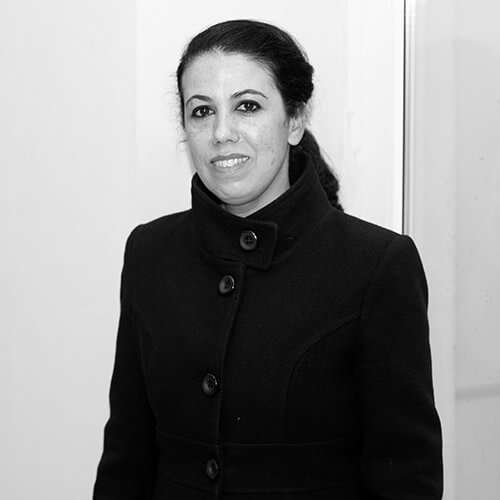
They have been achieved thanks not only to the Constitution but also to the mechanism established by the Constitution, namely the right to petition the public authorities. This is a new mechanism for making demands that the women's movement has been able to take advantage of, in which the "Parity Now" Collective has been proposed. This is a civil initiative made up of women and men from associations defending human rights and women's rights, researchers, artists, and other civil society actors, who launched a campaign for legislative initiatives in favour of global and effective parity between men and women in all areas. The Collective has been able to collect signatures and has submitted to parliament a bill with measures for the implementation of parity between now and 2030 and has succeeded in delivering it with more signatures than required.
Women have demanded parity in the new elections and in power. Parity as such has not been achieved, but a very important leap has been made and also in the new government six women ministers have been appointed with portfolios that are different from the previous ones. They break with the same old portfolios. We now have a female minister of economy and finance, which is an area that has always been reserved for men, which is an achievement.
The issue of abortion or inheritance are still pending conquests. What is the future of these issues?
Since 2011, what has been new in the feminist movement so far is that new demands are being raised that activists did not dare to raise before or did not consider a priority. These are the issues of inheritance, abortion, and individual freedoms. Despite the debates, no tangible results have yet been achieved. On the other hand, with regard to the fight against violence against women, a reform was achieved in 2018 with the promulgation of law no. 103-13, although it is a law that has not satisfied many feminists. Women's associations have been very active in the fight against violence through the care centres for women victims and through the demand for an effective law based on a global approach to violence against women.
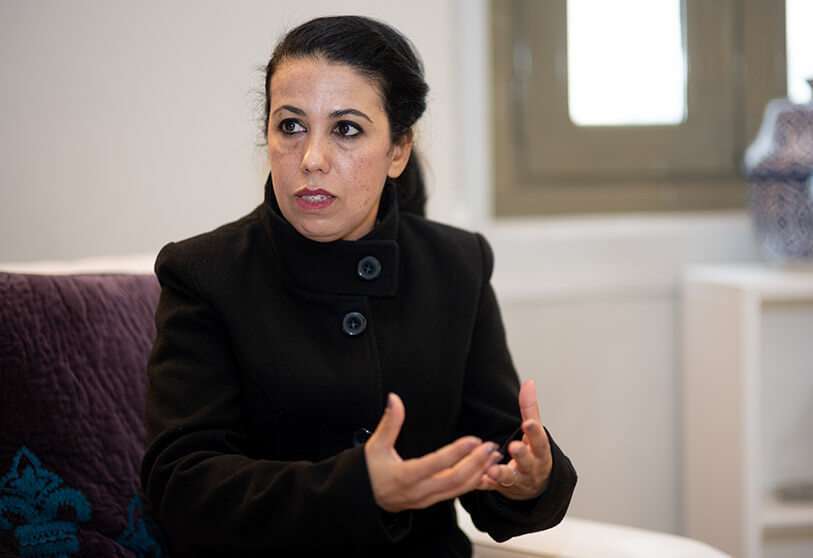
In the villages there is still a lot of discrimination against women compared to urban areas, how can we promote equality in these more rural areas?
The gap is still big between urban and rural areas. In rural areas there is still a lot of vulnerability. The current government is expected to effectively implement the new development model and make plans for social and economic reforms. Morocco has acknowledged that previous plans have not succeeded in eliminating illiteracy and vulnerability in these regions and hopes that the new plan will eradicate inequalities and social vulnerability.
Do you think that, with the departure of the Islamist government from power, women will enjoy more rights?
There is some hope because there are laws that protect us. We now have a constitution that talks about equality and parity. Therefore, the demands now have a legal backing and anything that is not constitutional will be pointed out. This is what gives hope for further reforms inspired by the equality first endorsed in the 2011 Constitution.
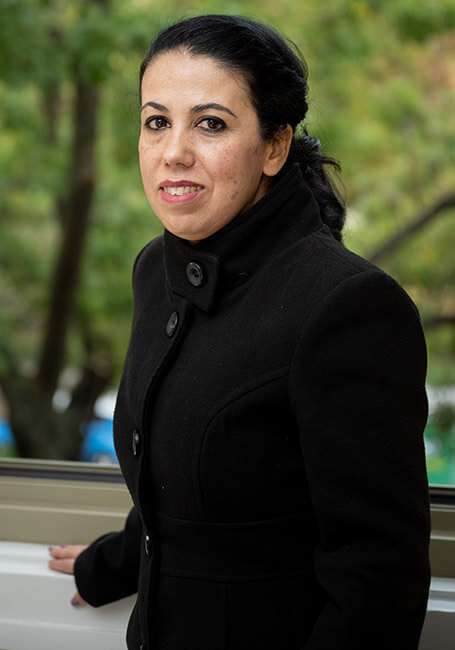
Surely you are an inspiration to women in your country, what would you say to girls and women who are forced by their circumstances to live a life of oppression?
What I would tell them, from a personal context, is to take the opportunity to study. Because education is the most important thing. Education is what will allow them to have the opportunities to get ahead, to improve their situation. It is the key for all women in Morocco to improve themselves. Without education you cannot progress. I would tell them to take advantage of the few or many opportunities that may arise and move forward.
1. Six ministers and one deputy minister were initially appointed, but in the end five ministers and one deputy minister will remain because the health minister has been replaced by the former minister so as not to combine the post with the mayoralty of Casablanca.








